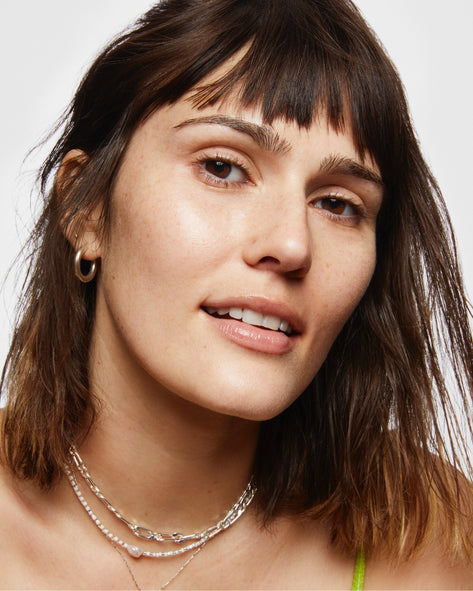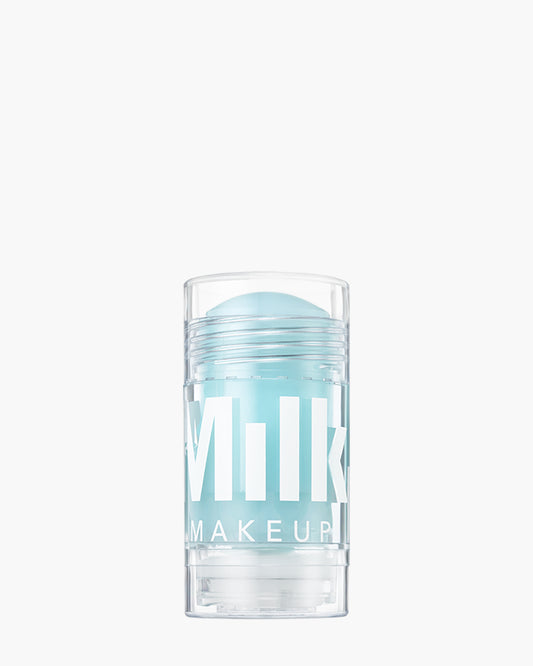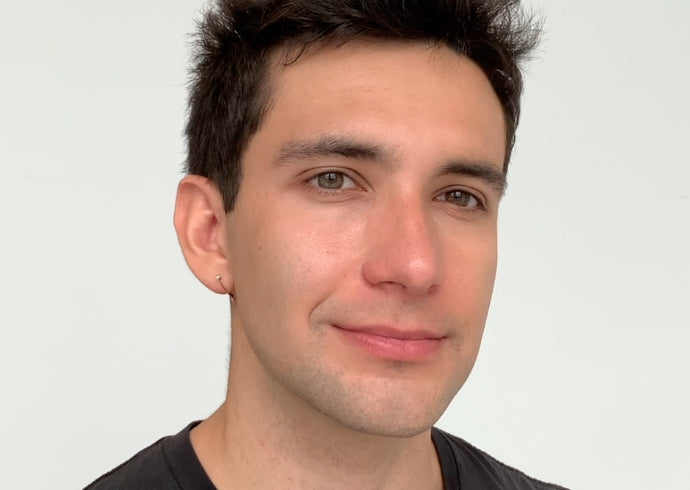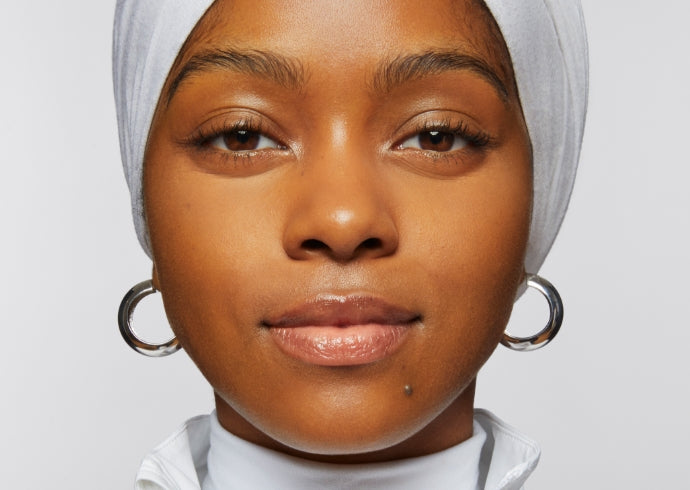If you’ve got dry skin, hyaluronic acid may be just what your thirsty complexion needs to get to its dewy, glowy best. While it goes by many names—hyaluronic acid, hyaluronate, and sodium hyaluronate, to name a few—this water-loving molecule offers one of the most effective ways to hydrate skin, both instantly and over time. That’s because hyaluronic acid attracts moisture into your skin, creating an immediate plumping effect as it helps support hydration.
It’s an incredibly popular ingredient that cosmetic chemists love working with, which is why you’ll find it in serums, moisturizers, face masks, foundations, and even blush. But there’s so much more to this ingredient than its ability to boost your skin’s moisture levels.
To help you learn exactly why experts love it, we spoke with Dr. Rachel Nazarian, M.D., F.A.A.D., a board-certified dermatologist in New York City, to educate you on all the benefits of hyaluronic acid you need to know, plus how we incorporate it in some of our products.
What Is Hyaluronic Acid?
Despite the name, hyaluronic acid is not like the skin-tingling exfoliators (like lactic or glycolic) you may be thinking of. “Hyaluronic acid is a natural substance found in our skin that helps keep it moisturized and plump,” explains Dr. Nazarian. More specifically, it’s a type of sugar molecule called a polysaccharide that is best known for holding up to 1000 times its weight in water. It draws in water from the surrounding environment and pulls it into the skin, hydrating from the outside in like a moisture magnet. Your body naturally creates hyaluronic acid, but as you age, those levels decrease—which is why your skin progressively becomes drier, duller, and less bouncy with every birthday. “Our body slows down the production of hyaluronic acid as it ages, so people over the age of 40 should really make an effort to incorporate this into their regimen,” says Dr. Nazarian.
What Does Hyaluronic Acid Do for Your Skin?Because of its ability to draw and hold water, says Dr. Nazarian, hyaluronic acid is what is known as a “humectant” moisturizer. This also allows it to visibly plump up your skin, making it look dewier and bouncier, as well as smooth out the appearance of fine lines and wrinkles. Recent studies have shown that some hyaluronic acids even have antioxidant benefits, meaning they can help protect your skin from environmental aggressors that can damage the skin barrier and lead to premature aging. One key thing to note with hyaluronic acid is that it always needs to be followed up by what is called an emollient (soothing or softening) moisturizer, Dr. Nazarian notes, to lock in the hydration. On its own, hyaluronic acid can only pull in water from the surrounding environment—it’s unable to actually hold that moisture in. Without heavier emollients like glycerin, fatty acids, or plant oils, the water will evaporate from the skin and into the air. So always be sure to follow your hyaluronic acid products with an emollient moisturizer like our Sunshine Oil, which contains a blend of oils like sea buckthorn berry, grapefruit, and avocado that create a dewy finish. “[You can] use hyaluronic acid wherever you want in your regimen: It can be found in cleansers, serums, moisturizers, and every step has its benefit,” says Dr. Nazarian. Which Skin Types Should Use Hyaluronic Acid?“Because it’s a natural substance, hyaluronic acid is also well-tolerated by just about everyone,” Dr. Nazarian explains. Almost every skin type, age, and skin tone can use HA, including the most sensitive of skin types—which is probably one of the reasons it is so popular in skincare and makeup. According to Dr. Nazarian, you can use hyaluronic acid pretty much anywhere in your routine and see its benefits, although she notes that she likes to use it early on in her regimen and follow with some type of emollient product or ingredient to trap the moisture. “That offers the best ‘one-two-punch’ for skin hydration,” she says. |
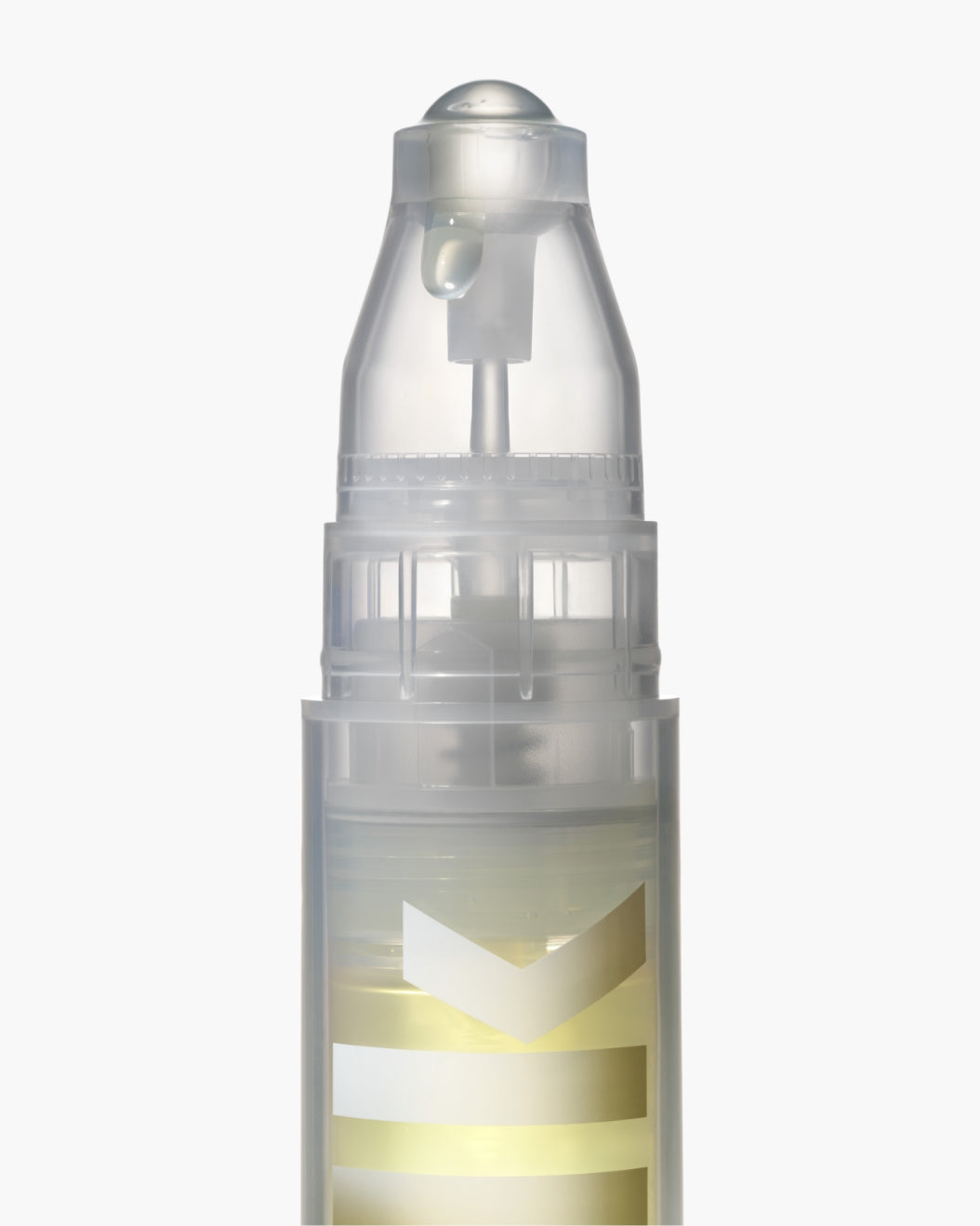 |
“I love it best for dry skin,” says Dr. Nazarian. “People with early signs of aging, like fine lines, can also benefit from using hyaluronic acid because it can minimize those lines very nicely.” Additionally, she suggests hyaluronic acid for people that are on a skincare regimen that may include sensitizing ingredients, like acne products or exfoliating acids. “The hyaluronic acid tends to offset some of the irritation that is found with these ingredients,” Dr. Nazarian adds.
Can You Use Hyaluronic Acid and Retinol Together?
One such irritating ingredient? Retinol. Though the anti-aging superstar is incomparable when it comes to smoothing fine lines and reducing the appearance of dark spots, it can leave skin feeling red, flaky, and dried out. Combining hyaluronic acid with retinol, Dr. Nazarian points out, adds hydration to the skin, safely helping to counteract the drying and irritating effects you may experience with retinol.
Which Milk Makeup Products Contain Hyaluronic Acid?
Hyaluronic acid makes an appearance in quite a few of our skincare and makeup products (told you cosmetic chemists couldn’t get enough of it), but you’ll find it gets a chance to truly shine in our Hydro and Bionic fams.
The Hydro Ungrip Makeup Remover + Cleansing Water is a no-rinse micellar cleanser that gently removes makeup, dirt, and excess oil. It does all that, plus hydrates thanks to an infusion of (you guessed it) hyaluronic acid, aloe, blue agave, and hemp-derived cannabis seed extract. Swipe it on for a fresh-faced clean that leaves skin feeling and looking dewy and renewed.
Our Hydro Grip Primer’s award-winning 94% gel formula made with hyaluronic acid and niacinamide smooths and locks in hydration as it holds your makeup in place for up to 12 hours.
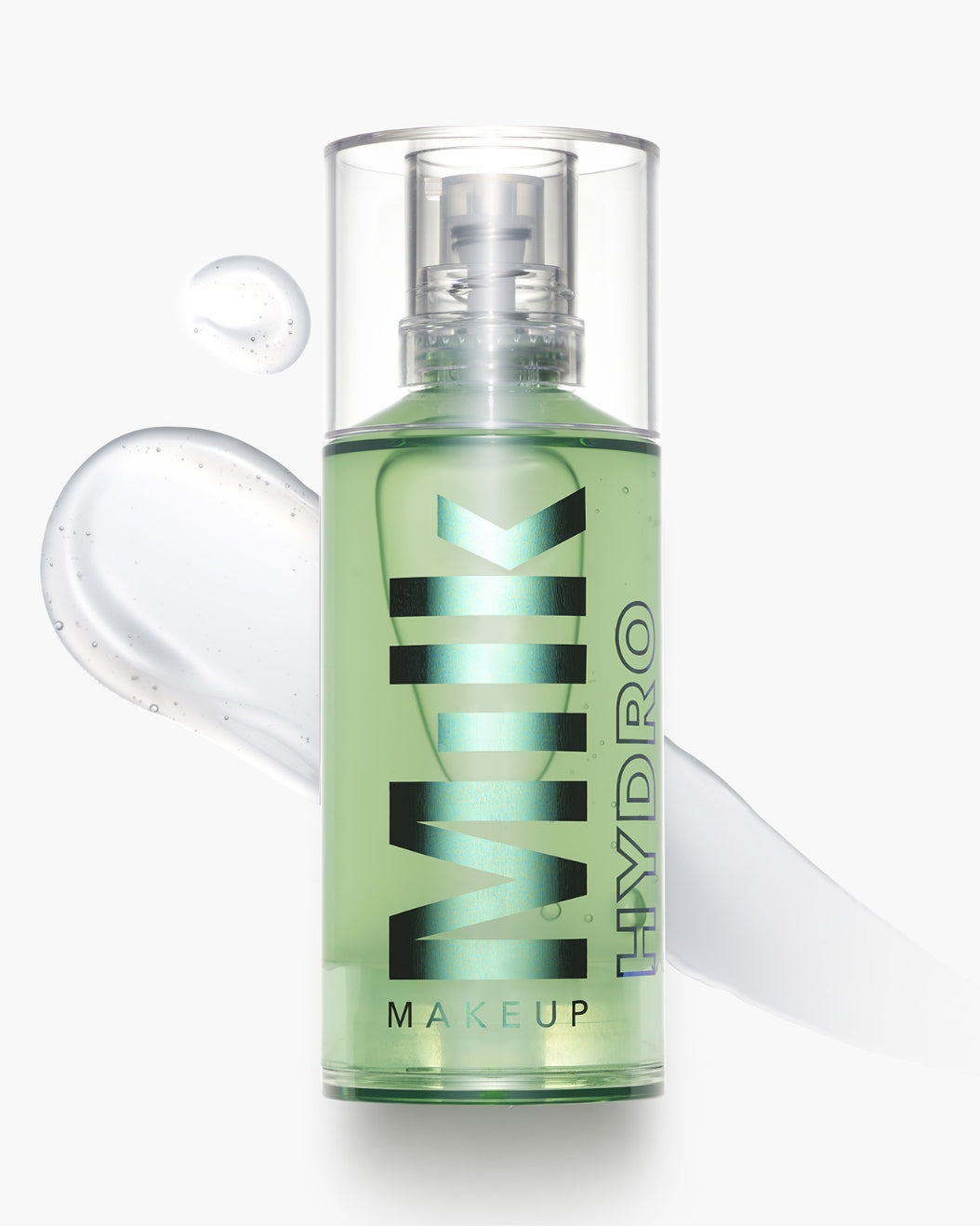 |
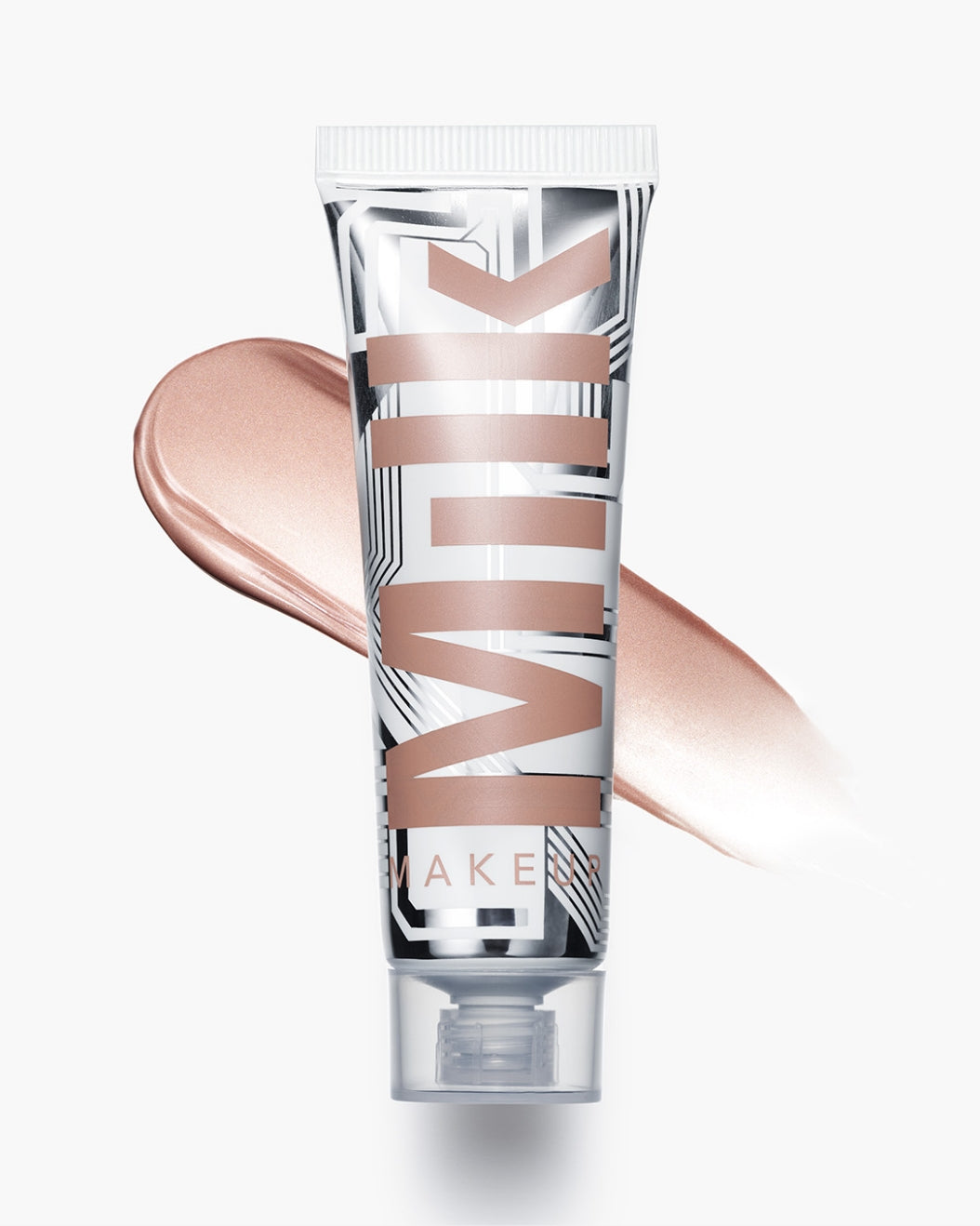 |
Makeup that actually makes your skin look and feel better? It’s got to be Bionic. Our Blush and Bronzer from the fam contain hyaluronic acid, adaptogenic mushrooms, and vegan collagen to help improve the look of your skin’s texture, firmness, and elasticity. They also add a soft warmth or flush of color to cheeks. It’s makeup with skincare superpowers.
So take your pick—however you choose to get your dose of hyaluronic acid benefits, you can be sure to expect moisturized, refreshed-looking skin.
Meet the Expert
Rachel Nazarian, M.D., F.A.A.D. (she/her), is a board-certified dermatologist at Schweiger Dermatology Group in New York City. A fellow of the American Academy of Dermatology and faculty member at Mount Sinai Medical Center’s Department of Dermatology, she is renowned in the field and a top expert for many popular media outlets, including Vogue, Marie Claire, Good Housekeeping, and Harper’s Bazaar.
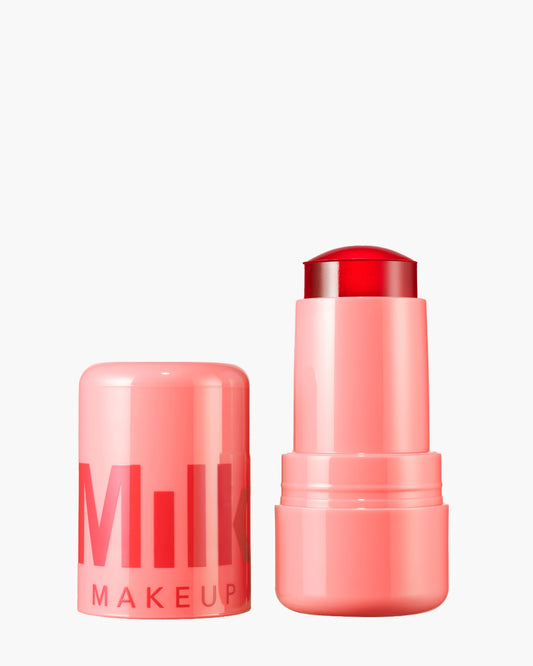
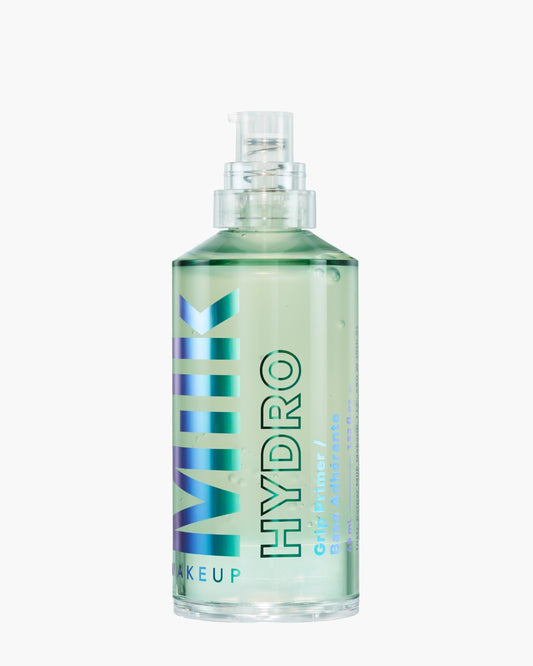
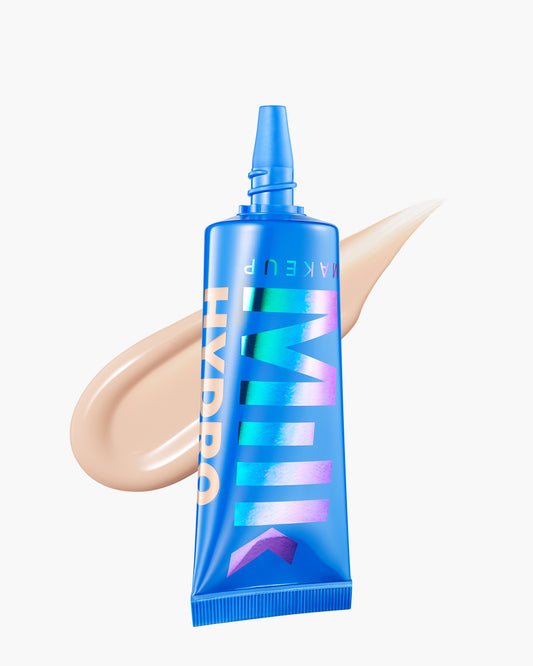
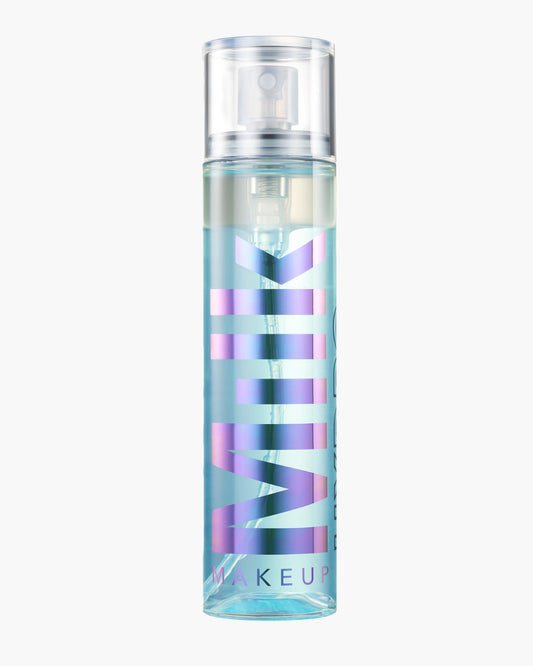
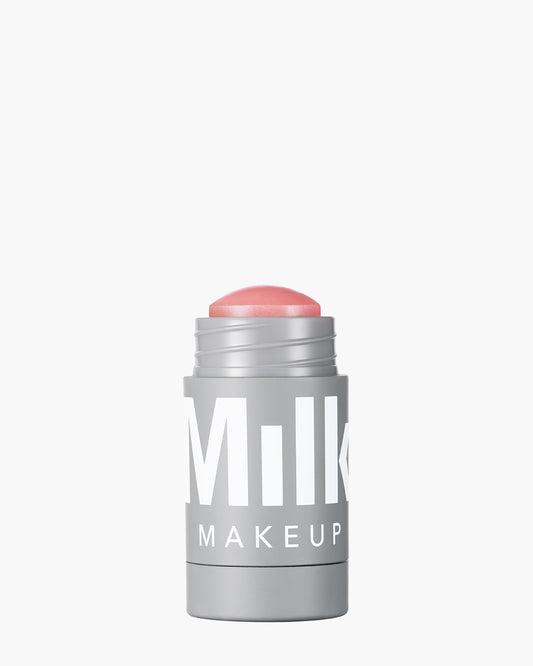
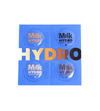
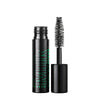
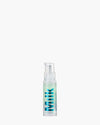
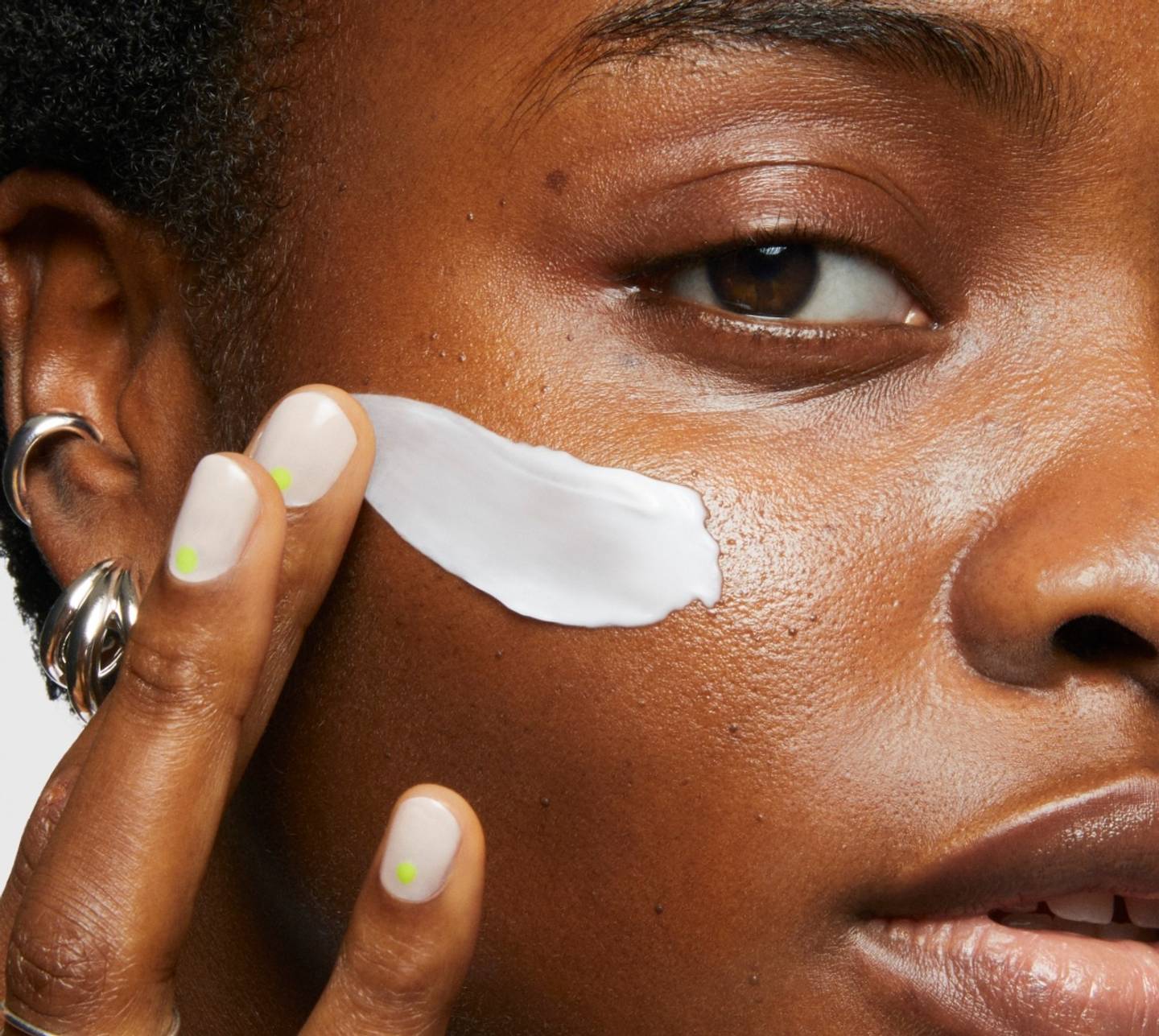
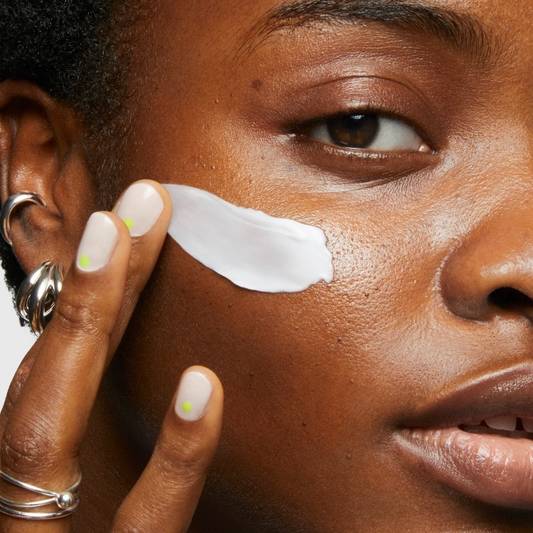
-%E2%80%A2-Instagram-photos-and-videos-v1708544850316.png?309x309) "
"